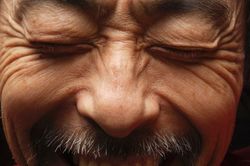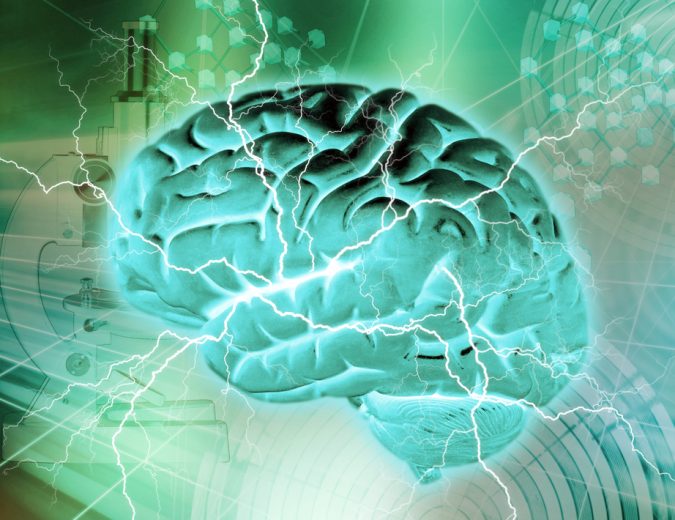
In ancient times, as analyst and philosopher Charles Merward, III pointed out, people had the philosophers to explore the depth of our being. This transitioned, for some into spiritual and religious realms- the rabbis, priests, monks, nuns, and other spiritual leaders. Now it has extended to the analyst’s office. I find that this is the heart of the work I do; examining the joys and pains of our human condition, exploring together the depth of our being. This includes the difficulty and the defenses we have to participating in this process.
In modern times anxiety and alienation are rampant. We try to protect ourselves from the vulnerability and pain of our humanness. While vulnerability is the hot topic these days, especially with the work of Brene Brown, PhD. (which is quite powerful), I personally found something lacking in the equating of vulnerability with emotional expression. I have watched people use the vulnerability of emotional expression as a defense to going deeper within themselves. However, I couldn’t place what was missing for me. Then, in a conversation with Charles, he made the following statement that made it all click, that explained the lack I sensed:
“It’s not about ‘wanting to be vulnerable,’ but about pursuing a fantasy of being invulnerable. We are all vulnerable— that’s what existential fear is about, the realness of our vulnerability.
We all work to be secure, to limit our vulnerability. The problem is not in trying to be in control, but of mistaking what is within our power to control. Wanting to be right, for example, is trying to control what someone else thinks, and/or thinks about you. That’s impossible to control though. You can only control what you think.
This isn’t about being willing to cry in front of someone or something, it’s not that sort of vulnerability. Instead it’s about recognizing we can only protect ourselves so much before we experience diminishing and even debilitating returns.”
THIS was the missing piece! The other side of vulnerability. Sharing our emotional experience is only one part of it, to truly experience the depth of our being we have to be willing to be vulnerable with ourselves, (not just the therapist). We have to admit and acknowledge the realness of our vulnerability, consciously and unconsciously. We need to confront the fantasy that we are invulnerable, independent fortresses. Merely acknowledging this statement makes logical sense is not enough, we have to come to understand this in our hearts and recognize it in our sense of being. This is the first step to mastery and freedom. And what a challenging first step it is.



 RSS Feed
RSS Feed